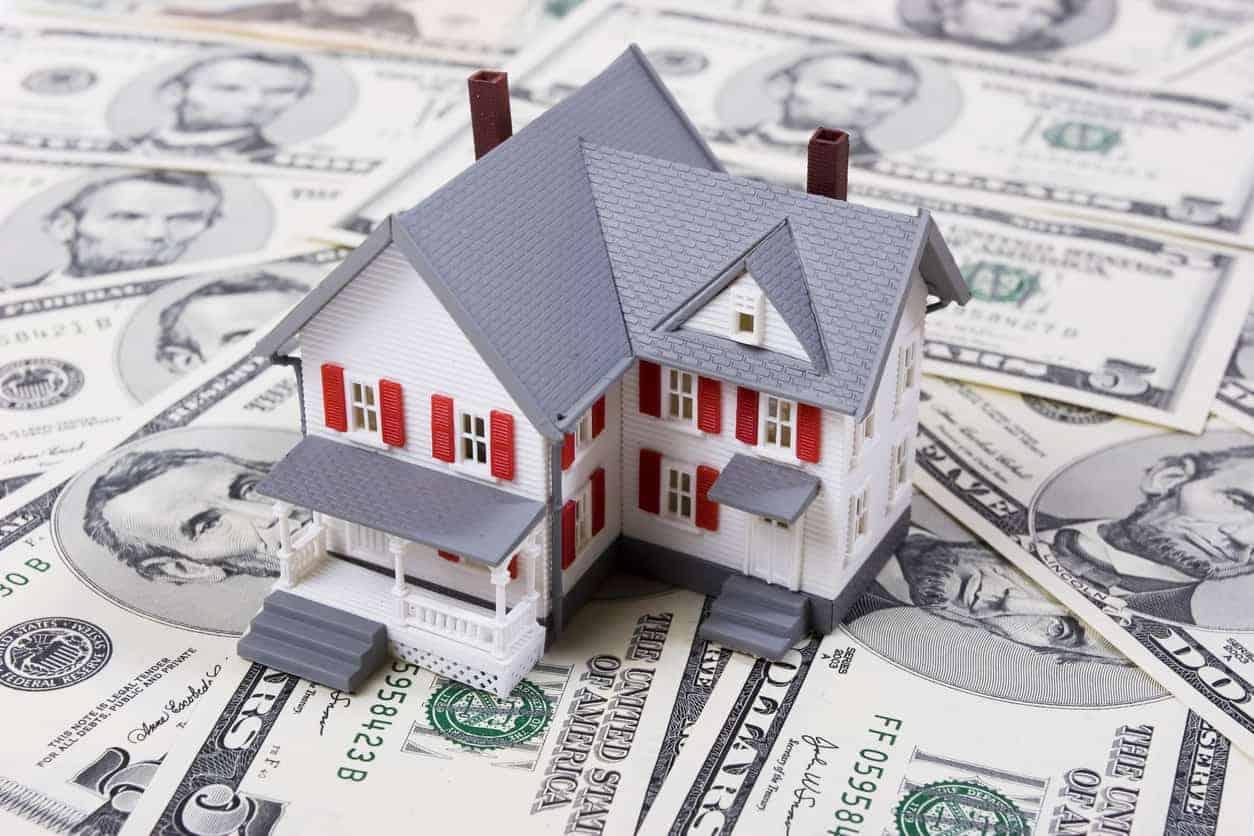
Consider renting out your home in the event of a recession.
When the next recession hits, the stock market will fall in value and the unemployment rate will rise, which means more homeowners may struggle to afford their home and be tempted to sell. And with more homes for sale and fewer buyers able to afford a home, the housing market will shift in buyers’ favor. Even if home prices do not fall, they will likely stagnate, and homes will take longer to sell. Odds are the next recession is more than a year away, but there is a chance that economic conditions could worsen suddenly, and a recession happens sooner than economists think. The next recession likely won’t start in the housing market, but is more likely to come from global economic weakening from trade wars. That means the next recession probably won’t cause national home prices to go down. Still, home prices could decline in some parts of the country, which could leave some homeowners who bought at the top of the market underwater on their mortgage, meaning they owe the bank more than the home is worth.
If you do find yourself in hard economic times, it’s important to have a plan in place, so you don’t have to resort to selling your home only to miss out on equity when the economy recovers. If you sold your home in 2011, during the last economic downturn, when the median priced home sold for $194,000 you would have missed out on $124,000 in equity now that the median priced home sells for $318,000.
To avoid selling at a loss and perhaps to generate some extra income, you could rent out all or part of your home, either to a long-term tenant or a short-term tenant using a platform like Airbnb, depending on your local zoning laws. Obviously, renting out your entire home requires you to find a new place to live. You’d likely need to rent, and it’s an opportunity to find a home with a rental payment that’s lower than your monthly mortgage to further save money.
If you happen to be relocating to a less expensive city, it can be a good idea to delay selling your more expensive home until the housing market picks back up again. A 5 percent increase in prices will earn you more from a $400,000 home than a $200,000 home, so it’s better to wait until home prices recover before you sell your more expensive home. Plus, rental property expenses, such as property management fees, HOA dues, homeowner’s insurance and cleaning costs, may be tax-deductible, which could save you money on your tax-bill when paying taxes on rental income and when it comes time to sell the home. After the last recession, it took 10 years for home values to recover, but the next recession probably won’t have as large or long of an impact on home values. One advantage of renting is that you may be able to deduct a loss from a sale through the Rental Real Estate Loss Allowance, so selling before prices fully recover may not be as costly.
It’s important to plan ahead if renting out your home is your backup plan. If you are moving away and you plan to rent out your current home, you may need to hire a property manager. And if you are renting your new home, you will need to have enough money saved up for first and last month’s rent and a deposit.
This post first appeared on Redfin.com. To see the original, click here.
